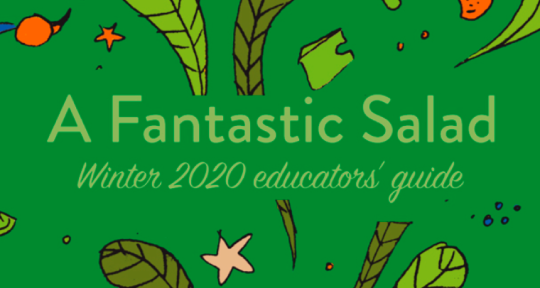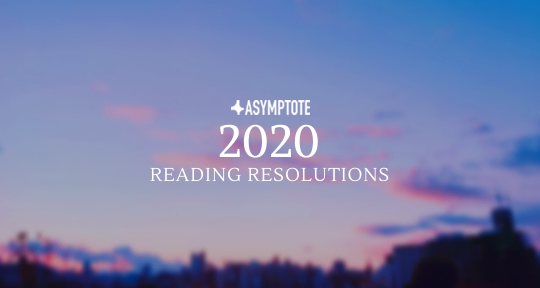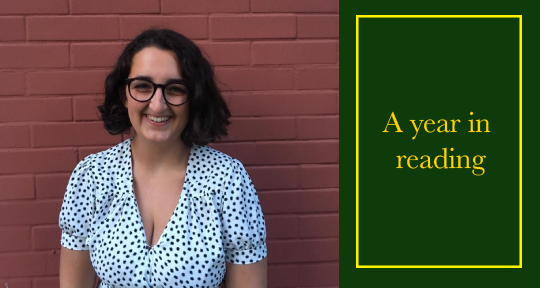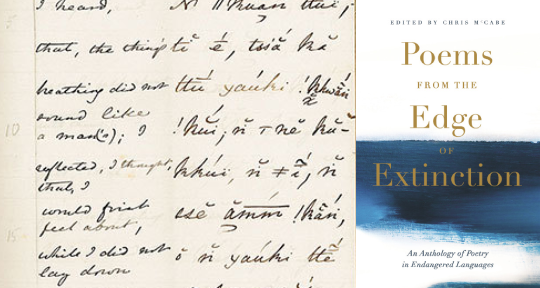This week, our writers bring you the latest literary news from Brazil, Central America, and Hong Kong. In Brazil, literary communities are still going strong via online events and livestreams; in Central America, journalists and writers have been reaching audiences through online videos; and in Hong Kong, universities have been putting lecture series online for the public. Read on to find out more!
Daniel Persia, Editor-at-Large, reporting from Brazil
In the midst of rising political tensions, presidential disregard for the ongoing pandemic, and increased social distancing measures at the local and state levels, writers and readers have come together to help shape a new virtual literary landscape in Brazil. Over the past few weeks, with travel restricted and residents urged to stay in their homes, I’ve tuned in via Facebook Live, Instagram Live, Youtube, Google Hangouts, Zoom, and more to engage with authors from across the country. With some livestreams reaching two thousand-plus users in a single session, one thing remains clear: the Brazilian literary community continues strong, with readers now more than ever searching for opportunities to engage in dialogue and debate. To stay connected, you can follow writers and publishers on social media; subscribe to email newsletters; and check out how your local bookstore might be engaged with virtual encounters! READ MORE…









